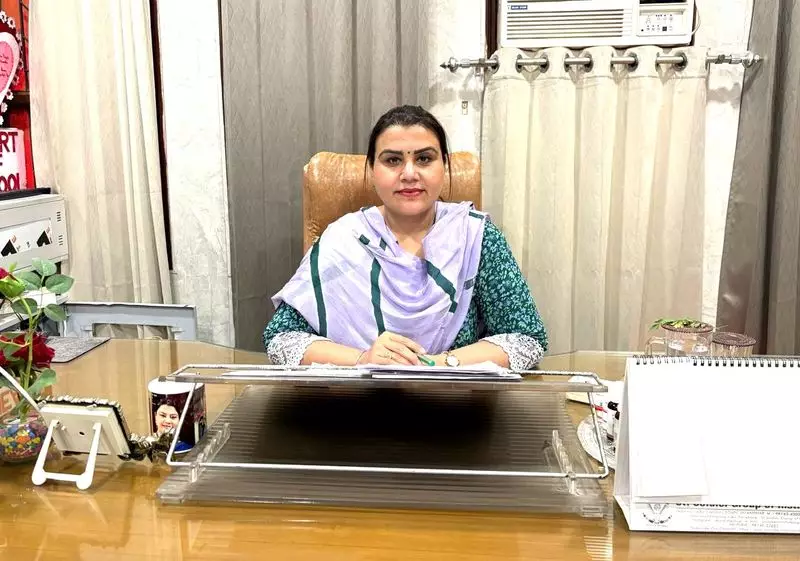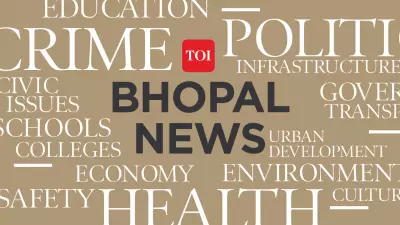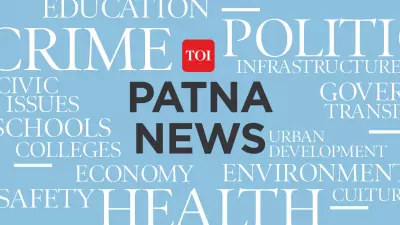
In a powerful address that resonated across educational circles, prominent voices have emphasized that strengthening India's education system represents a collective moral responsibility requiring participation from all stakeholders. The call to action highlights the urgent need for comprehensive reform that goes beyond mere policy changes.
The Core Message: Shared Responsibility in Education
Education leaders have articulated that improving our educational framework cannot be achieved through government efforts alone. Instead, it demands active participation from teachers, parents, administrators, and community members who must recognize their ethical obligation toward nurturing future generations. This perspective shifts the paradigm from viewing education as a service to understanding it as a shared social contract.
The discussion emphasized that moral responsibility in education extends beyond academic performance to include character building, value education, and the development of socially conscious citizens. This holistic approach acknowledges that true education reform must address both cognitive and ethical dimensions of learning.
Key Stakeholders and Their Roles
Teachers bear the primary responsibility for implementing educational reforms in classrooms. Their commitment to continuous professional development and innovative teaching methodologies directly impacts student outcomes. Beyond delivering curriculum, teachers must serve as moral guides and mentors, shaping not just educated minds but responsible citizens.
Parents play an equally crucial role as the first educators of children. Their involvement in the learning process, support for educational institutions, and reinforcement of values at home creates the foundation upon which formal education builds. The partnership between parents and schools must be strengthened through regular communication and collaborative problem-solving.
Educational administrators and policymakers have the responsibility to create enabling environments that support quality education. This includes adequate infrastructure, relevant curriculum, fair assessment systems, and professional development opportunities for educators. Their decisions must prioritize long-term educational outcomes over short-term political considerations.
Practical Steps Toward Meaningful Reform
The path toward strengthening our education system requires concrete actions from all participants. Schools must foster environments that encourage critical thinking, creativity, and ethical reasoning rather than rote memorization. Community organizations can supplement formal education through extracurricular programs and mentorship initiatives.
Technology integration represents another crucial area where collective effort can yield significant benefits. Digital tools can enhance learning experiences, provide access to quality educational resources, and facilitate communication between stakeholders. However, this technological advancement must be accompanied by digital literacy programs and infrastructure development.
Assessment reforms that measure holistic development rather than mere academic performance are essential. Evaluation systems should recognize creativity, problem-solving abilities, collaboration skills, and ethical understanding alongside traditional academic achievements.
The ultimate success of education system reform depends on this collective commitment to our moral responsibility toward future generations. By working together with shared purpose and ethical conviction, stakeholders can transform Indian education into a powerful force for national development and individual fulfillment.





